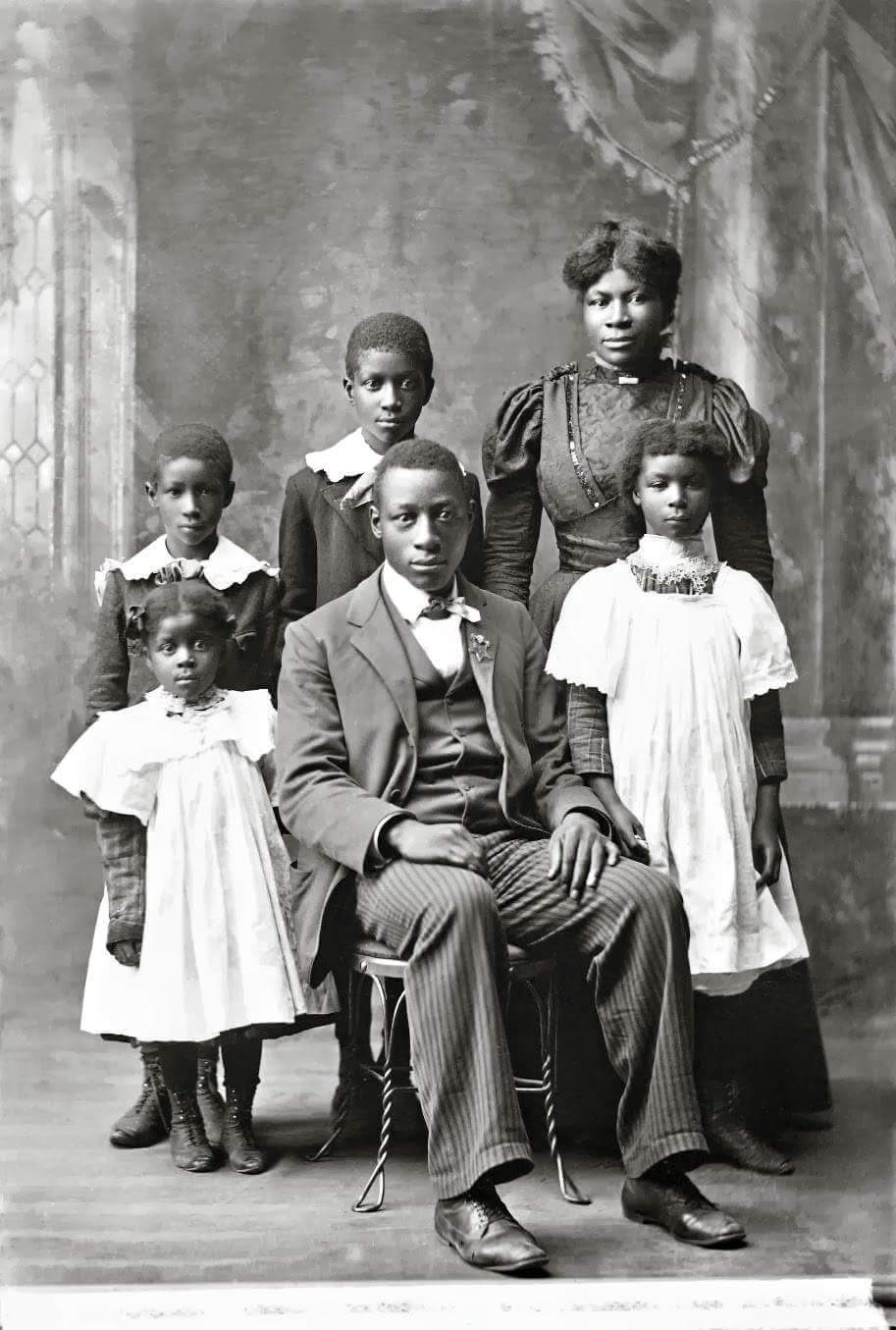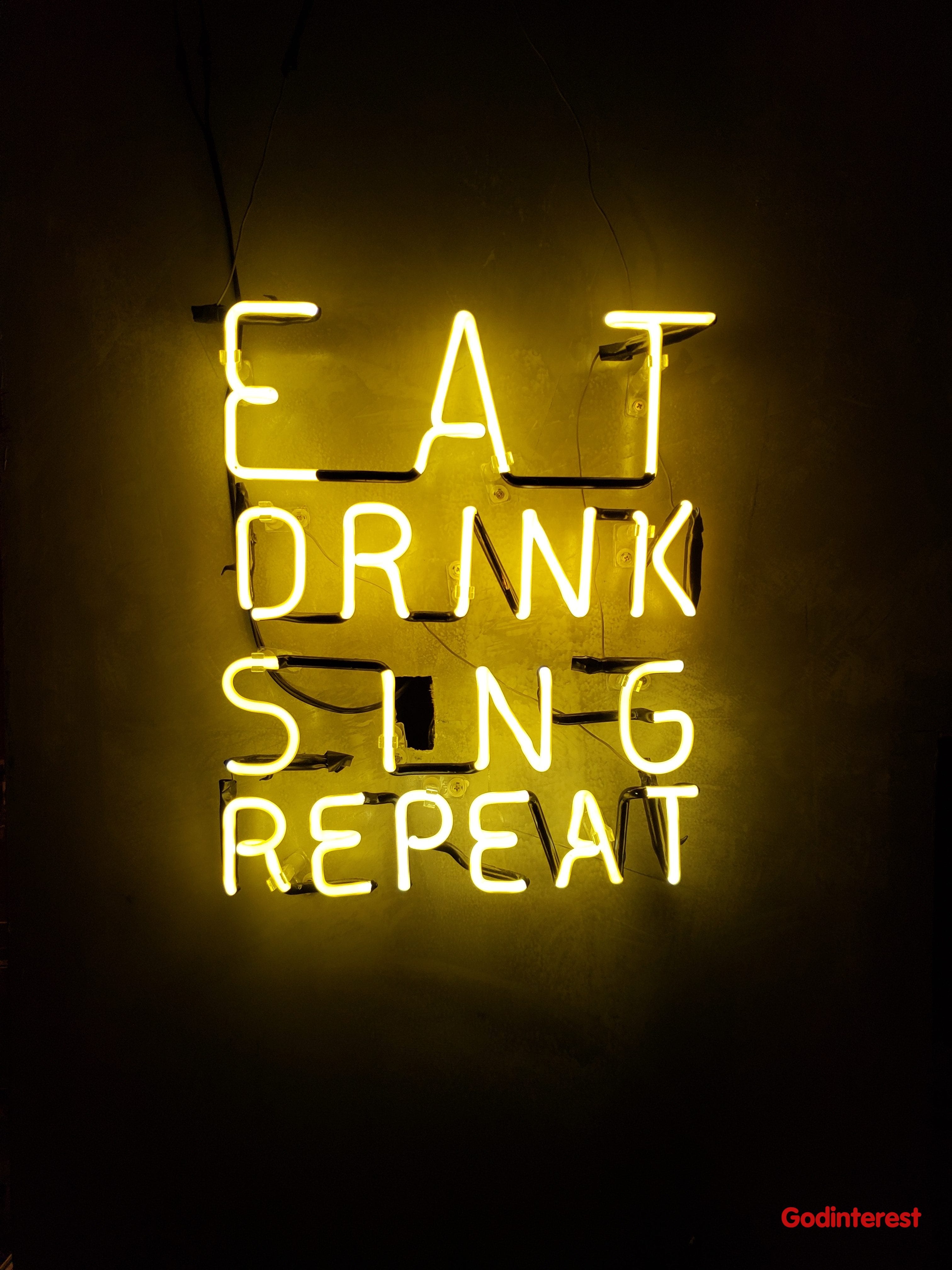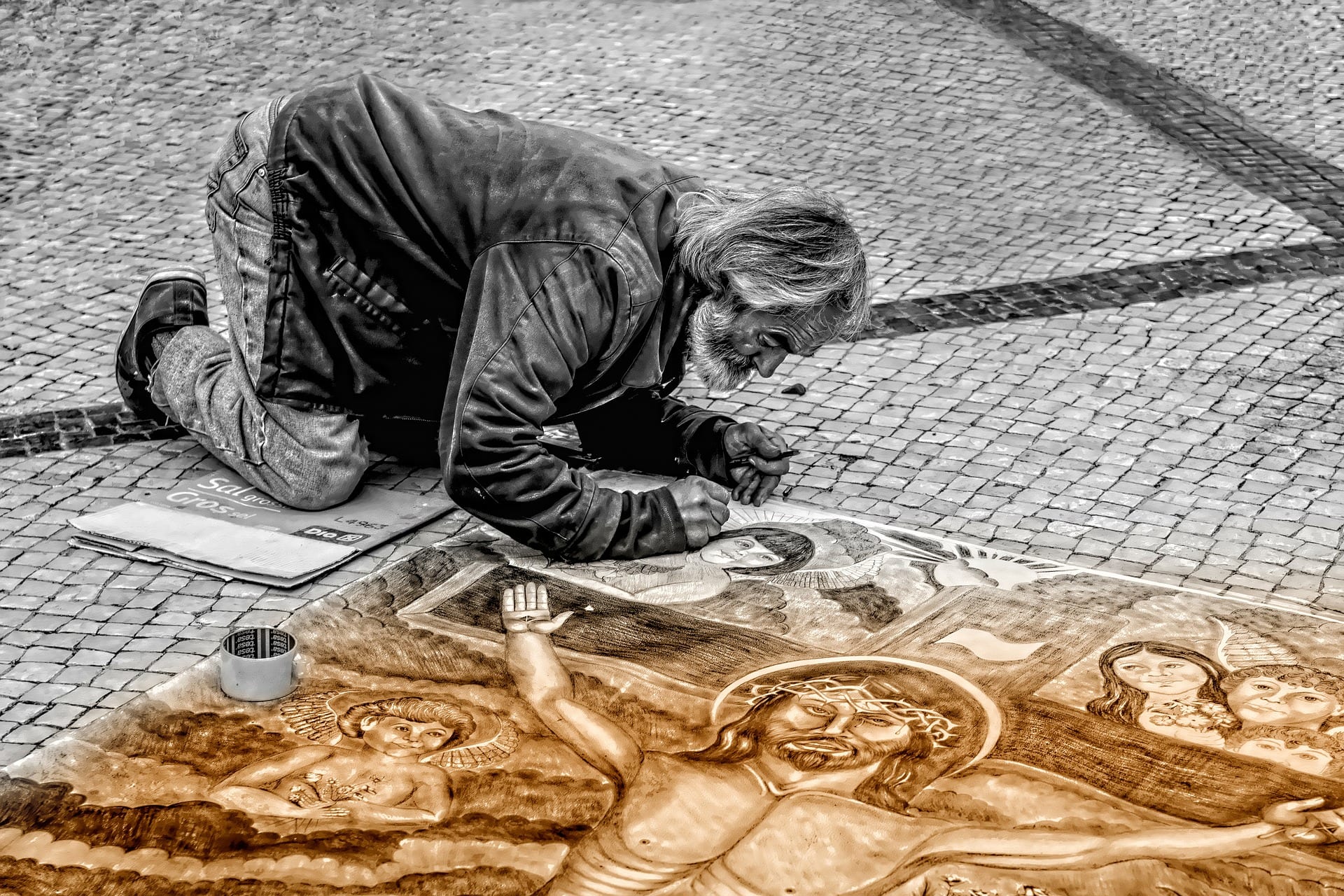Disclaimer: I do not profess to teach or have any sort of authority over men. I share the Word of GOD and any matters about the world that directly applies to our lives and walk as Christians.
Gone are the days when people
regarded witchcraft as evil and demonic. These days, it has become a path of
spirituality that many millennials are choosing to take. The witch population
doubled in 2018, and I daresay that not many of us were aware of it happening.
More than half of the young
adults in America believe that astrology is a science, compared to less than 8%
of the Chinese public. Sounds strange, doesn’t it? Astrology is an essential
aspect of the average Chinese man or woman. They firmly believe that the time
of a person’s birth is the main factor in determining that person’s
personality, as opposed to the month you were born in for the Western
astrology. Chinese astrology is the divination of the future from the
Chinese calendar. Did you get that? Divination. Let’s continue. Wikipedia
states that “astrology is the study of the movements and relative
positions of celestial objects as a means of divining information about human
affairs and terrestrial events.” Yes, I know, I used Wikipedia which
is the last source of information that a person should turn to, but they are
not wrong so in that I’m justified. Another website (which I very briefly
looked through) describes astrology as “an ancient art” and that “understanding
the patterns of the universe gives you the insight you need to navigate life.” So,
my question is: how different is Chinese astrology to Western astrology? Both
are claiming to tell the future based on when you were born. One may take the
time of your birth and the other the month, but they clearly have the same
roots. Which carries another question: why is astrology considered a science in America by more than half
of the young adults and just 8% by the Chinese? Awfully strange if you ask me.
It sounds like the Western world are trying to fool the public- what’s new?
Spirituality
is increasing, while interest in religion is decreasing. According to a study
from the Pew Research Center, it appears that the majority of the American
population do not believe that it is necessary to believe in GOD to have good
morals. In 2007, 81% of participants between the ages of 18 and 29 who
“never doubt the existence of GOD” plummeted to 67% in 2012. It seems
that many of them may have looked in the direction of psychic services such as
astrology (shocker! Not.), aura reading, mediumship, tarot-card reading, and
palmistry. This industry grew 2% between 2011 and 2016, although personally, I
believe that it was much higher. The psychic service industry was worth a
whopping $2 billion back in 2017, imagine what the IBIS World would report now
in 2019?
Friends,
people are turning to astrology and tarot card reading at an alarming rate.
Several recent studies state that there might be more than 1.5 million witches
in the U.S today, but I think that’s a lie. The number is far higher than that.
I was watching a Youtube video the other day to see what this ‘sudden’ spike in
witchcraft was all about. What do these witches actually do? Well, I do know
already, it’s not rocket science or anything, but hearing it from the mouth of
a witch was interesting (no, not really). A practising witch pulls tarot cards,
they have crystals everywhere, they make shrines, they cast spells, they
meditate, and apparently it all speaks to their radical feminism. A spell is
supposedly a prayer to the universe, where they will have chalices full of
water and candles lit up, something that represents the gods and goddesses and is
just like how you pray in church (well, would you look at that!). Being a
South African who is familiar with the witchcraft that happens in my own
country (I literally live in an area where there are known witches and have
been attacked by them), the witches that I know seem hardcore in comparison to
the ones described in America. It’s funny how the media is trying to make it
seem young, hip, and trendy to cover up what really goes on behind closed
doors. There are the public witches (Wicca) who apparently practice ‘light’,
good spells, mother earth nonsense etc., and the ones that meet in secret
places, make sacrifices and call up all manner of devils, but it’s all the same
really. Carrying on.
They
say that the powerful are scared of this figure that has been traditionally
powerless, but now that is not the case. They (the witches) draw on the sexual
assault cases cropping up everywhere (that Weinstein guy, R Kelly, etc.), as
well as the Me Too movement, saying that the only way to heal is by coming
together in what they see is as a coven of witches. Confused? Well, I was. I
didn’t think that there was much correlation between coming together for
support and being a witch. But then they brought up feminism, and I thought
‘oh, I see where this is going.’ Witchcraft is making a comeback among US
feminists because they believe that is it the only way to be powerful, to have
power or take back power from the patriarchal society, and be in control of
your own life. Being a witch in the modern world feels rebellious to these
millennials, and it seems like a practical approach to spirituality (to them
anyway).
One
witch (I’m not putting names here) stated that she came from an Irish Catholic
background and that there is a lot of Catholic folk magic and Catholic folk
traditions that people are not aware of (who among you reading this still don’t
know this?) which are witchcraft. Her grandmother and mother did things that
they would never label as witchcraft, such as hanging a rosary on your door to
keep evil away. One witches’ practice revolves around spirit contact and trance
work (going into trances and communicating with spirits there). Witchcraft is
also supposedly a method of decolonising oneself, your notions of morality,
gender, religion and returning to a mindstate that was pre-Christian to become
less prejudiced and ‘free’. Some wake up in the morning and pour a glass of
water to their ancestors to honour them (hey, I know all about ancestral
worship, it’s huge in Africa) and thank them for where they are right now. At
the end of the day they will say thank you to the land, to the gods, spirits
and animals of where they live, to the mighty dead, and the living people.
I’m
going to take a breather here from all this witchy devilry and insert the Word.
The following Scripture clearly tells us that everything that these people are
doing are an abomination to GOD.
Deuteronomy
18:10-12: “There shall not be found among you anyone who makes his son
or his daughter pass through the fire, or one who practices witchcraft, or a
soothsayer, or one who interprets omens, or a sorcerer, or one who conjures spells,
or a medium, or a spiritist, or one who calls up the dead. For all who do these
things are an abomination to the LORD, and because of these abominations the
LORD your GOD drives them out from before you.”
Go back
a couple of years (us millennials) to when Harry Potter became the thing
to read, The Hobbit took us to distant lands, and Narnia gave us a world unlike
our own. Buffy the Vampire Slayer was a cool chick who kicked butt, Charmed was
a magical TV series that most people followed religiously, and magical movies
fulfilled our every need for fantasy. I will give my last dollar (or Rand which
won’t mean much anywhere else) when I say that many of us were so into this
world that we imagined ourselves as having powers, destroying the bad guy with them,
being unique because of our abilities, and wishing that we could be those
people that we were watching or reading. It was a heady thing for us, more
potent than a Man whom we spoke about in Sunday School, once a week in school,
and not much else. I don’t remember being taught of how powerful Jesus was and
is, how He destroyed death by his own death on the cross, how He overcame the
devil and gives authority to his people to defeat evil principalities and such,
or how Him arising from the dead was a mighty working of GOD’S Spirit. Why
weren’t we told that He is the Superhero, the only One that we need? Why was He
not hyped up as much as our books, TV series and movies were? There is power in
the Name of Jesus, people, more power than any silly made-up world and hero.
Maybe some of you got to be taught this Jesus, but many of us were not. He was
just this good, benign Man who walked this earth and died for our sins. We were
told how He loves us in spite of our sin. This all true, don’t get me wrong,
but He is more than that, so much more, and many millennials do not know this
or understand it. They only know of the old rubbish taught by religious people
who probably aren’t even Christians themselves but agents of the devil
masquerading as Christians.
This is
an epidemic, plain and simple. Many millennials are being lost to witchcraft.
And while I focused on America (well, because it’s America), this can be said
for other places in the world. Only, it may not be witchcraft as in Wicca, but
other religions, Satanism, Buddhism etc. I am a millennial myself, born in the
last year of the 80s and a firm 90s kid. I remember what we used to watch
growing up, and it seemed harmless. That is the deceiving part of it, how
harmless it all seemed. We all wanted to be powerful, to have control of our
futures, and magic seemed like the way to do it, so we may have played around
with it- horoscopes, fortune tellers, ‘as light as a feather, as heavy as a
rock’, Ouija board etc, but some of us didn’t get out. I once told GOD that if
I ever got married and had children, that I would tell them just how powerful
He is and precisely what He did. How nothing on this earth compares to Him, and
how much He loves them. I want them to see His magnificence, His untouchable
glory, and His gift of salvation for us all. There is a way out of this world
and its troubles, and that is to give your life to Jesus. And while you still
may live in the world, it does not matter because He has provided us with
everything that we need to overcome the evil of this world that is not just
physical, but primarily spiritual. To GOD be the glory now, and forever more.
There is so much more that could be said about the truth behind the lives of those who practice witchcraft, but I have chosen to tackle what the media is portraying to us. This goes much deeper, and if the Holy Spirit wills it, I shall write another post.
Disclaimer: I do not profess to teach or have any sort of authority over men. I share the Word of GOD and any matters about the world that directly applies to our lives and walk as Christians.

















